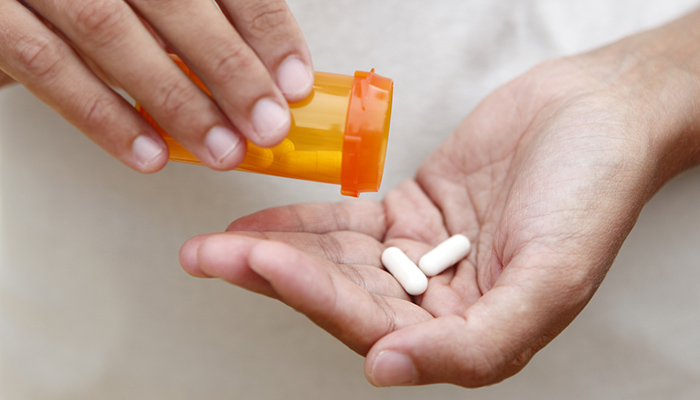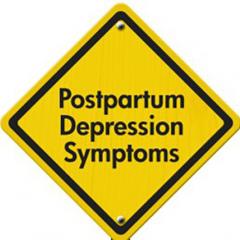Treatment for depression

While therapies have been beneficial in some patients, unfortunately two thirds of patients don’t respond to available treatments, so further research is crucial. Current treatment options include:
- Antidepressants—there are several classes of antidepressant drugs, including selective serotonin reuptake inhibitors (SSRIs), serotonin-noradrenaline reuptake inhibitors (SNRIs) and noradrenergic and dopaminergic antidepressants. Certain drugs may take weeks to take effect;
- Cognitive behavioural therapy, which aims to re-frame how patients think about and react to stressful, negative mood-inducing situations;
- Electroconvulsive therapy (ECT) is only effective for severe depression and is reserved for patients at imminent risk of suicide. ECT involves passing an electric current into the brain to trigger a seizure. Although effective, ECT routinely causes temporary memory loss;
- Deep brain stimulation (DBS) is a surgical approach in which an electrical stimulator is placed in a specific area of the brain. DBS is unlikely to ever be a first-choice treatment but some believe it shows great promise for treatment-resistant depression.


